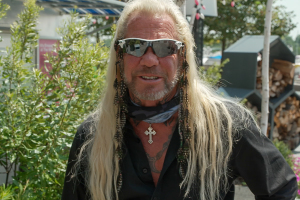Campaign tackles rape of black women and girls at churches through story of Recy Taylor
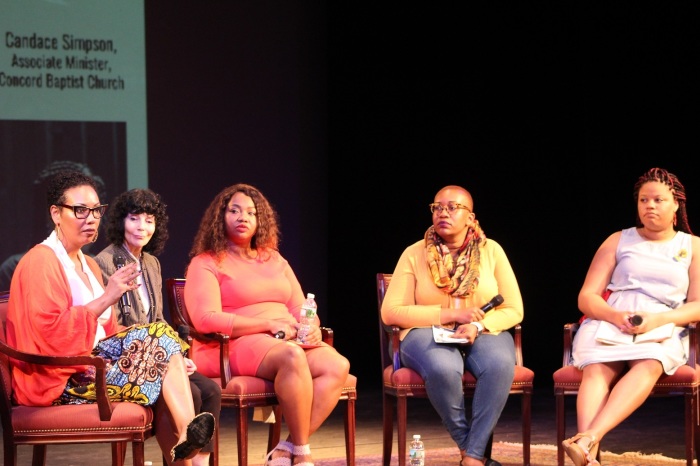
NEW YORK — A haunting film about the brutal gang-rape of a young black Christian woman by six white men as she walked home from church in 1944 sparked a deep and at times uncomfortable discussion about rape, mental health and healing in the black church at the historic Riverside Church in Manhattan on Wednesday night.
The 2017 work, “The Rape of Recy Taylor” by Nancy Buirski explores the crime against a then 24-year-old devout sharecropper named Recy Taylor in Abbeville, Alabama.
“I saw the car pulled up behind me. Some white boys. They didn’t say nothin’ ‘bout what they were gonna do to me. They put me in the car then went and blindfold me. I was begging them to leave me alone, don’t shoot me. I got to go home to go see about my baby. They wouldn’t let me go. I can’t help but tell the truth. What it done to me. Every time I go down there I look down that road. Try to remember them trees,” Taylor, who died in 2017 at the age of 97, recalled of the crime in the film.
While the men who raped Taylor were never prosecuted for their crime despite nationwide outcry from civil rights activists at the time, including Rosa Parks, her story is now being used to draw attention to countless untold stories of sexual assault against black women and girls through screenings of the documentary at churches in a national campaign by Odyssey Impact.
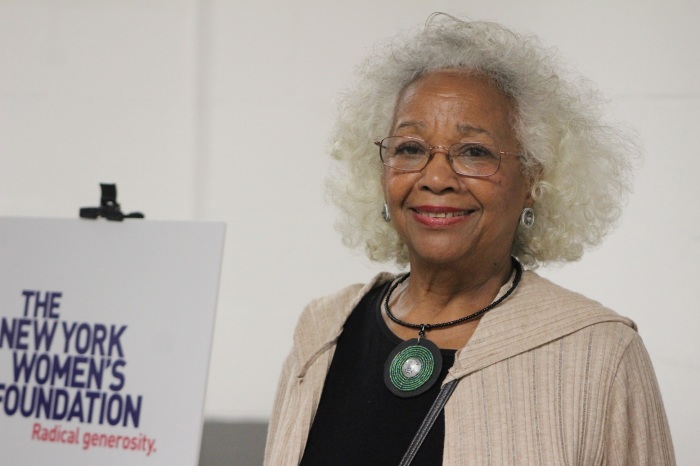
Ahead of the screening, Joan Capel of the World Federation of Methodists and United Church Women, who is also an NGO representative at the United Nations, said the conversation on rape in black churches is necessary because it’s not happening at all.
“It’s not a subject that’s being discussed in the black church. It’s not. And I find that the black churches now, I don’t think they are living up to what they should be to people and to communities. I think religion has become big business,” she said.
Black churches, Capel argues, need to get “back to basics,” retool to the evolving needs of their communities grappling with trauma.
“We want people to be aware that this exists and to try to see if churches can establish some sort of support systems for people. So people can come in and feel free to be able to share their experience without having to be looked at and be pitied, because it’s not a pity thing either. It’s just something that you need to kind of embrace the individual that has gone through that,” Capel said.
The gut-wrenching documentary, which shows Taylor as well as her siblings recounting the terror unleashed on their family by the rape, was followed by a panel discussion moderated by cultural critic and writer Jamilah Lemieux. She was joined by Nancy Buirski who produced and directed the documentary; Atira Charles, CEO of the Charles Consulting Group; Rev. Alisha L. Gordon, executive minister of programs at The Riverside Church and Candace Simpson, associate minister at Concord Baptist Church.
‘A black woman’s body is never her own’
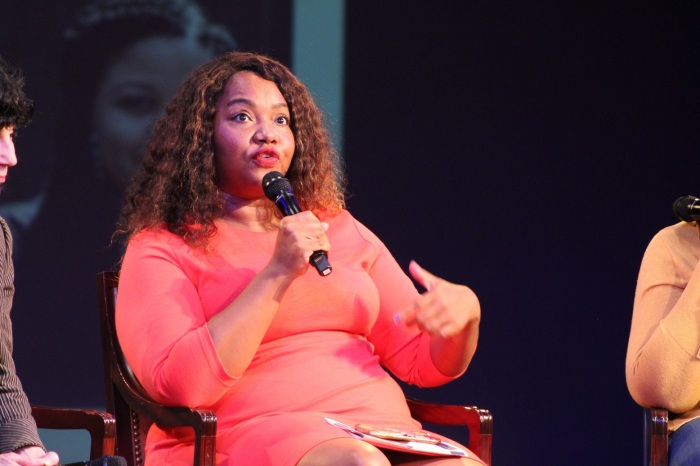
Lemieux, who called Taylor’s rape “an act that was not just meant to dehumanize and terrorize” her “but others like her,” challenged the panel to share their thoughts on Christian civil rights activist Fannie Lou Hamer’s words that “a black woman’s body is never her own.”
“I think what is most striking about Recy Taylor’s story is just how ordinary her story was and just how everyday this kind of atrocity was. I appreciate you uplifting Fannie Lou Hamer in this because we learned that black women’s bodies are not our own. We are taught that, especially in church, and our theologies kind of warp our sense of ownership over our bodies. What I think was so striking to me as I [thought about] the film was these are Christian boys and this is a Christian woman coming home from church,” Simpson said.
Buirski argued that Taylor reclaimed her body when she chose to speak up about her rape. She explained that after interviewing Taylor and her siblings she felt this “grave responsibility to help her reclaim her story, tell her story, and universalize what happened to her. So when she spoke up, she spoke up not just for herself but for so many women like her.
“As a white filmmaker … being entrusted to tell her story was really quite an honor and I hope that, as difficult as it is to watch, I think all of our mission is to universalize this horrible thing called rape, try to remove the shame from it. It’s one of the reasons the word is in the title of the film,” she said.
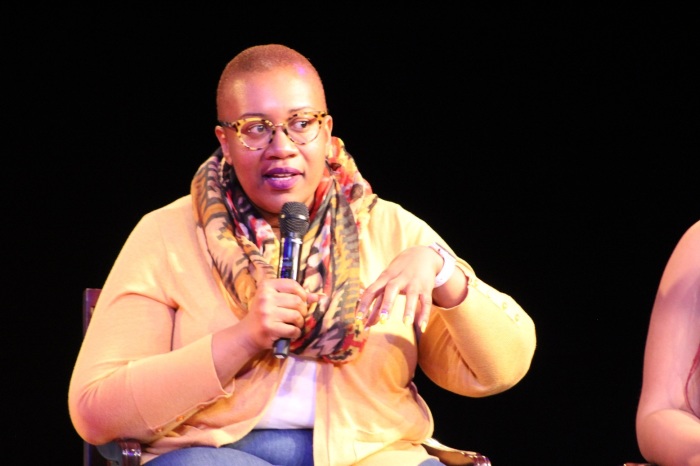
Simpson, in a discussion of how church culture has helped to perpetuate the silence on rape among black women and girls, suggested that, had Taylor not been a respected Christian woman, her story might not have gotten the attention it deserves.
“It drives me mad that Recy’s story is the one that would go viral because she is a church-going woman. Throughout the documentary, even throughout Danielle McGuire’s book [At the Dark End of the Street: Black Women, Rape, and Resistance — a New History of the Civil Rights Movement From Rosa Parks to the Rise of Black Power], we get the sense that she is a respected woman of the community and that people take to that and they attach to it,” she said.
“And she becomes the perfect surrogate to understand rape and to understand sexual assault particularly when it’s racialized, so it angers me … In those three seconds before I fall asleep at night it’s the thing that haunts me because if this woman who is the church-going woman can get this kind of attention it makes me wonder whose story isn’t being told,” she noted.
She suggested that black churches could benefit from a culture that encourages women and girls to testify freely about their experience.
“I was so moved by what I would call Recy’s testimony. And I think that’s a fundamental part of the Christian tradition which is confessing and telling your story. One of my favorite songs is ‘I Shall Wear a Crown’ and part of that song is ‘I’m gonna put on my robe and tell that story of how I made it over soon as I get home.’ This idea that when I get there I’m going to tell. ... I wish we would utilize that idea a little bit more,” she said.
Gordon argued that all faith communities need to wrestle with reconciling their faith with biblical text that is “extremely violent towards women.”
“The story of Hagar was rape. The story of Jephthah’s daughter who was raped, Tamar who was raped, we could go down the list. There are lots of cultural and all these things that are related to that text when you put a white supremacist lens on it and elevate Christianity as being and seeing the world as you saw with Recy Taylor. Recy Taylor’s story, it was touted that she was a Christian, church-going woman, but that did not save her,” Gordon said.
Rape as ‘most egregious’ act of violence on black America
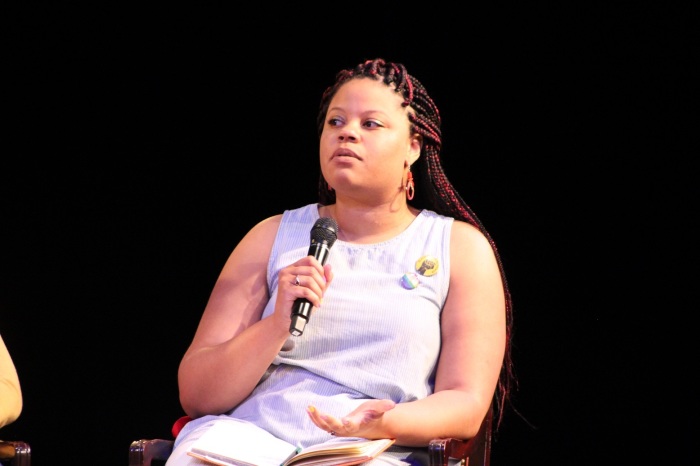
Lemieux also suggested that outside of slavery, rape has been the “most egregious” act of violence experienced by the black community in America.
“We think of the most egregious act of violence short of slavery that black people have endured in this country most people would say lynchings. You can’t see a rape victim in the way that you can see a victim of lynching, but it still sends a very clear message to the women and girls of the community that you’re not safe here and what your place is in relation to these people white or black who may be able to take your body and it’s the message that black girls continue to receive in our own communities today,” she said.
“But think of how that work was so clearly erased in so many ways and that the spotlight be put on the lynchings. And the idea that the lynchings were happening primarily to men who had been accused of acts of sexual violence against white women, which Ida B. Wells was careful to say, no that’s not the case.
“The emphasis, the idea of the sexual predator in this country, became black men, meanwhile black women are experiencing harrowing acts of sexual violence at the hands of white men in numbers that we’ll never quite know,” she explained.
Charles, who is also an assistant professor of management at Florida A&M University, explained that black women and girls are still learning how to speak up about things that affect them without becoming a liability.
“When we think about women … black women using their voice has always been a liability, it’s always been a liability individually. But interestingly, using our voices always leads to community and collective progression while we sit and harbor the individual liability. And so when we think about it from the psychological perspective our emotions impact our attitude which impacts our behavior. So we’re harboring negative emotions and thoughts about using our voice. There is going to be a conflict in the way our behaviors come through and unfortunately we internalize a lot of that which is connected to our emotional and psychological baggage and weight that we carry. So I think it’s important for us to think about how we affirm the narrative of black women’s voices being the life-changing magic of the universe. There’s an internal poison that hits us too at the same exact time,” she said.
“When I think about that, I really think about this generational thing about making sure that we communicate to our girls and shift that narrative of yes we’re the superheroes of the world but what do we do when we take our capes off, take our masks off and take our armor off?” she asked. “I don’t think as a community we’ve given the narrative the solutions or the tools yet in a macro level to help young black girls know how to sit in the positive space of that and not have so much of it weigh as a liability.”
The church as a place of therapy
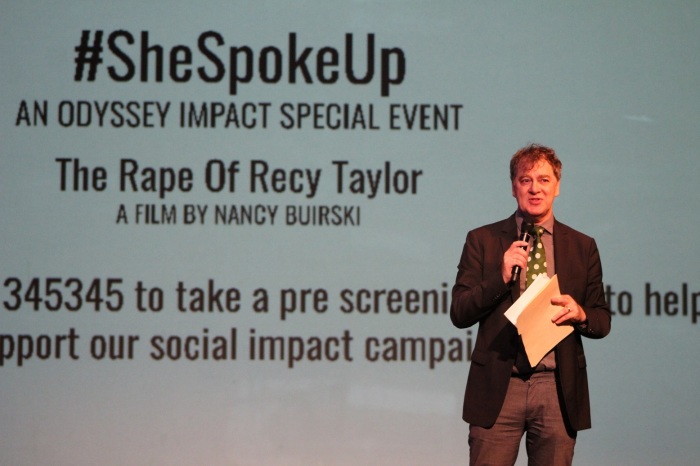
Charles noted that churches can help black women and girls by becoming more “multi-dimensional” in ways that provide mental health support.
“I think one of the things that has challenged our community in regard to talking about healing from trauma is the thought of ‘Oh I talked to my mom and I went to church on Sunday so I’ll be fine.’ I think that we have to start to create a more multi-dimensional framework for healing because I think that in our communities we’ve been relegated to just thinking about it in terms of family, friends, church instead of thinking outside of that and understanding that there are skills that people have in the mental health space that we need,” she said.
“There’s a lot of techniques of trauma healing that are being used on a lot of vet demographics right now that need to be utilized. There is a lot of trauma healing abilities and skills that we’re just not talking about and I think the church is a fascinating place to house these mental health resources and solutions so that people can start to pair it in their brains and couple, ‘oh I can go to church and go to counseling.' Neither one conflicts the other,” she noted.
For those interested in starting the conversation about rape and sexual assault in their congregations, Gordon advises that it will not be easy.
“I would say that to do this work well as a congregation, as a denomination it takes time,” she said.
She suggested that churches be very intentional about talking about sexual assault starting with the Bible.
“The text of terror, like the ones I named earlier with Hagar and Tamar … are often the ones that preachers like to skip because they are hard texts to preach because they call for us to deal with our own issues around sexual assault within our own communities,” she said.
She further suggested being intentional about having ongoing conversations about these texts through Bible studies and small groups.
“Talking about it on Sunday mornings, bringing in professionals to be in conversations with pastors and church leaders about what that means because things are going to come up. You have to be mindful that there are people in that very congregation who still remember Recy’s story and beyond who have also probably been traumatized, has experienced sexual assault at the hands of people who are pastoring them,” she said as the audience collectively exhaled at the thought.




















